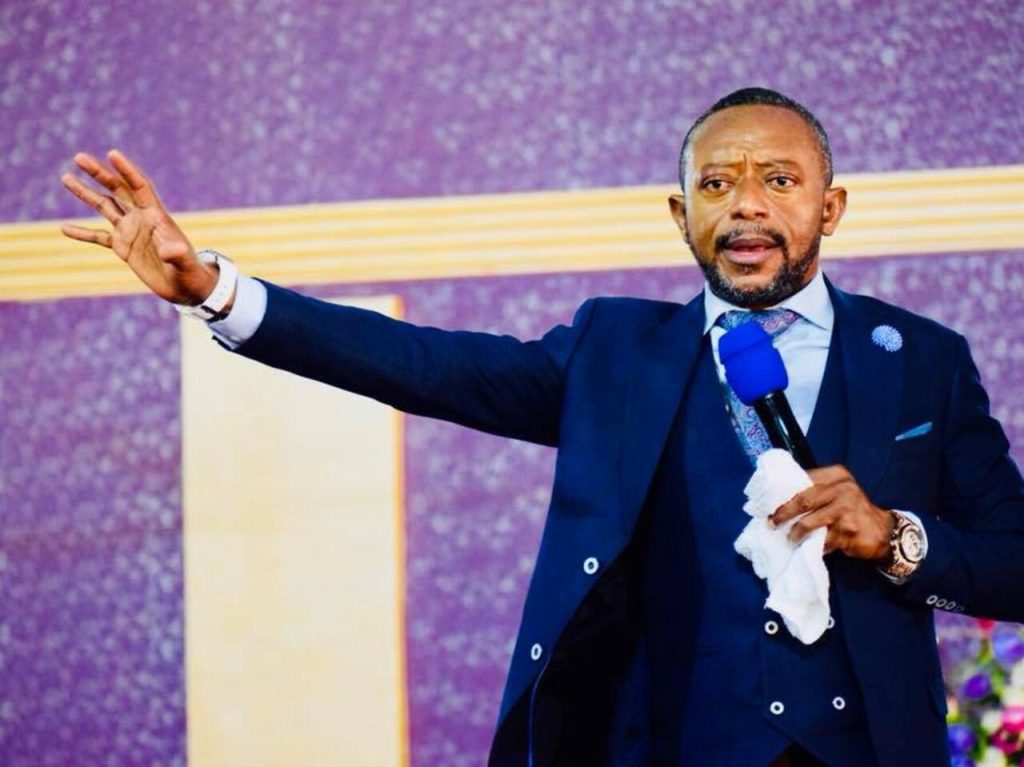A past prophecy by Reverend Isaac Owusu Bempah has resurfaced on social media, drawing attention in the wake of the passing of former First Lady Nana Konadu Agyemang Rawlings.
The video, which dates back to the months before the December 2024 general elections, captures the outspoken preacher issuing a stern warning to the Ghanaian public. In his message, Owusu Bempah claimed that divine revelation had shown him troubling signs regarding former President John Dramani Mahama’s potential return to power.
He cautioned that electing Mahama again would bring challenges and disruptions across the nation — suggesting that Ghana would face troubling circumstances that could affect citizens’ peace and stability.
At the time of the prophecy, Ghanaians were divided. Some saw it as another attempt by the prophet to influence political opinion, while others believed his words carried a spiritual truth. Now, months later and in light of recent events, the resurfaced footage has renewed public conversations about whether the man of God’s message might have held deeper meaning.
The video has since circulated widely, with many reflecting on Ghana’s current atmosphere and drawing links between the prophecy and recent developments. It has also reignited discussions about how much influence religious figures hold in shaping political and social perspectives in Ghana.
Watch video:
View this post on Instagram
Reflective Opinion
The reappearance of this prophecy reveals a striking reality about Ghana’s spiritual and political identity — a nation where religion and governance are often intertwined. Ghanaians have long sought divine explanations for national events, especially during times of uncertainty or loss.
While some believe prophecies like Owusu Bempah’s are signs from God meant to guide the people, others view them as instruments of fear or political manipulation. The tension between faith and reason becomes most visible in moments like this, where the emotional weight of national grief blends with spiritual reflection.
Whether or not the prophecy was accurate is less important than what it represents: a mirror reflecting the public’s deep reliance on faith as a moral compass. It shows that in Ghana, even political decisions are often seen not just as civic choices — but as spiritual ones.
As the nation mourns Nana Konadu Agyemang Rawlings, perhaps this is also a moment to reflect on how faith should inspire unity and wisdom rather than fear and division.

